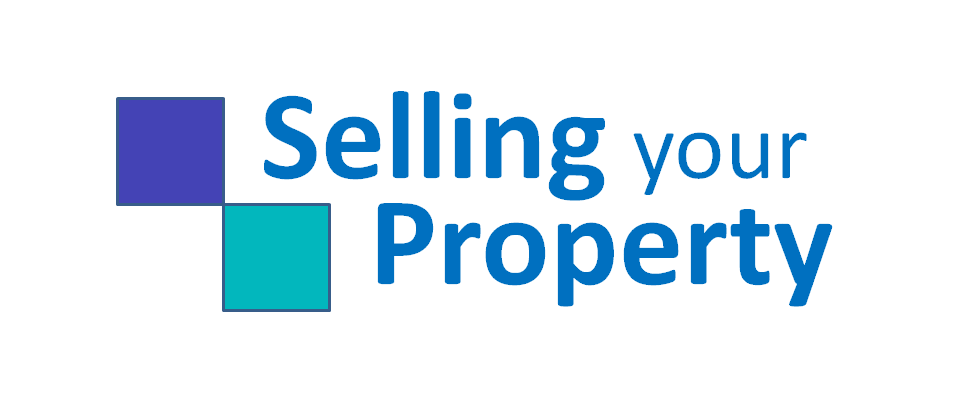Signing on the Dotted Line… All You Need to Know About Agency Agreements
When you list your property with a real estate agent, you’ll be asked to sign an agency agreement, which is a contract that gives the agent the authority to act on your behalf in order to make the sale. We discuss agency agreements in detail in our educational guide, What You Really Need to Know About Selling Your Property, which you can download for free by subscribing to our website.
In this post, we’re going to look at the different types of agency agreements offered by real estate agents and some may offer you greater flexibility over how your property is sold than others. Just as there are upsides and downsides to different sales methods used to sell property, there are also pros and cons to each agency agreement, as we’re about to cover.
Exclusive Agency Agreement:
This is the most commonly used agency agreement, because it gives the sales agent the exclusive right to represent you, the vendor, and to find a buyer for the property for a specified length of time. This is the preferred agency agreement of most sales agent, because it guarantees the agent a commission, even if the vendor finds a buyer for their property themselves.
Pros:
- Your agent will work hard to sell your property quickly and for the best price
- You only pay one commission to one agent
Cons:
- You’re locked into an agreement with just one agent, for a specified period of time
- Even if you find a buyer for your property, you must still pay all of the agent’s fees and commissions.
Sole Agency Agreement
This agreement, while it gives the agent the exclusive right to find a buyer for the vendor’s property for an agreed upon period of time, doesn’t prevent the vendor from finding a buyer for their property themselves.
Pros:
- If you find a buyer for your property, then no commission is payable to the agent.
Cons:
- Your agent may prioritise other vendors with whom they have an exclusive agency agreement
- You are still locked into an agreement with the agent for a specified period of time.
Open Agency Agreement
Sometimes called a General Listing Agreement, this type of agency agreement allows the vendor to list their property with multiple agents, with the commission only payable to the agent who sells the property. The vendor is still also allowed to sell the property themselves, without paying a commission to any of the agents. This agency agreement can be cancelled, by the vendor, any time in writing.
Pros:
- You’re not locked into an agreement with any particular agent, giving you greater control
- You can appoint multiple agents, from different agencies, to sell your home
Cons:
- Agents may prioritise the vendors with whom they have an exclusive agency agreement
- You might have to arrange your own photography, marketing, advertising, and so forth.
Multiple Listing Agreement
This type of agreement occurs when an agent, who is part of a network of agents (usually within the same agency), shares the listing with the other agents in that network. When the property is sold, the vendor pays the commission to the agent they signed up with, who then shares it among the other agents. This agreement covers both private treaty and auctions.
Pros:
- There are multiple agents canvassing leads and handling buyer inquiry
- As each agent brings in interested buyers, it increases buyer demand for your home
Cons:
- The agents usually have a higher workload to compensate for the reduced commission
- The internet has reduced the need for multiple agents in different regions to find out-of-area buyers.
Auction Agency Agreement
This agreement is effectively an exclusive agency agreement, where the property is listed for auction.
Pros:
- You agent will work to find the greatest number of buyers and achieve the best price within the term of the auction campaign
- The looming deadline of an auction, motivates agents to work quickly and efficiently
Cons:
- If your property is passed in or doesn’t sell at auction, you may still be liable to pay the agent’s commission and fees
- If the property doesn’t sell, you may have to sign another agreement with the agent, unless specified other wise.
Other Considerations:
A good tip for vendors exploring alternatives to the standard exclusive agency agreement, is to ask prospective agents how they would feel about signing a different agreement. Some agencies, particularly full-service ones, as company policy, won’t enter into an open agency agreement with a vendor. Other smaller agents, however, may be more open to it, as it relieves them of some of the workload.
It’s also a good idea to really consider how necessary it would be for a property in an inner city suburb to have multiple agents, from multiple agencies, working to find you a buyer, when the internet makes it possible for a person living in the Eastern Suburbs of Sydney to look at a property ad for a home on the Northern Beaches.
That being said, it might be more useful to you to sign an open agency agreement if you’re trying to sell a holiday home in Byron Bay that could potentially attract buyers from Sydney and the Gold Coast, where you’d want to have agents in all three areas able to deal with buyer inquiry.
At the outset, have a discussion with your chosen sales agent, or interview a few agents, before making any firm decisions. If you would like to learn more about selling property in Australia, we have formulated a comprehensive guide, What You Really Need to Know About Selling Your Property, which you can download for free by subscribing to our website.
As seen in..
Our educational blogs are designed to help you understand each of the steps involved in selling your property so whether you choose to work with a real estate agent or do it yourself you'll understand the work involved and be more efficient and aware of what you need to do. Our articles have been seen in these major online news and information portals..

Get genuine and objective information about what's important when selling your property - whether through an agent or by yourself.
Built by 123ezy


